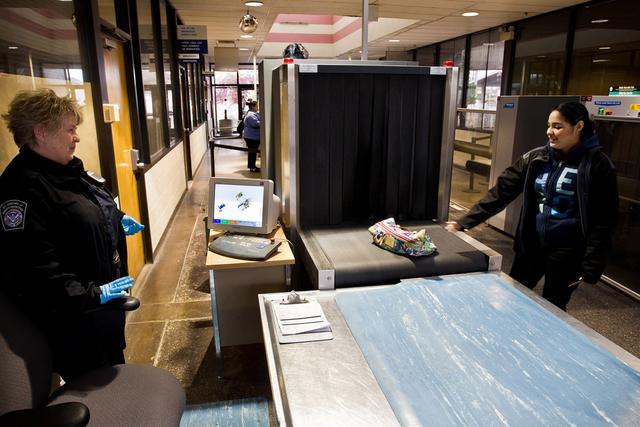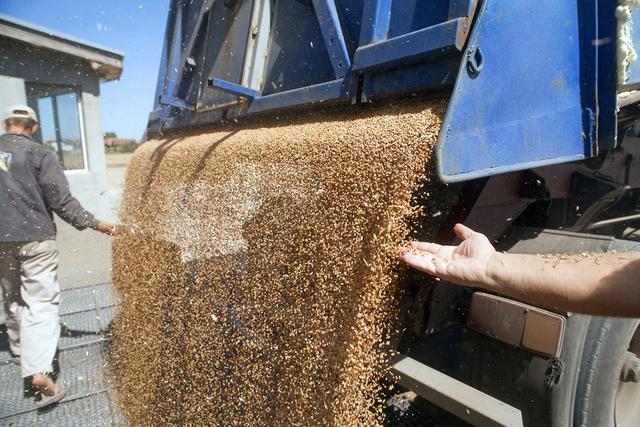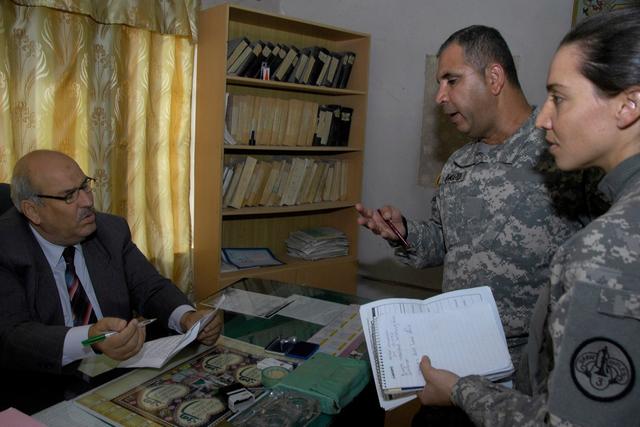Commodities Brokers
Overview

Introduction
Commodities brokers, also known as futures commission merchants and commodities sales agents, act as agents in carrying out purchases and sales of commodities for customers or traders. Commodities are primary goods that are either raw or partially refined. Such goods are produced by farmers, such as corn, wheat, or cattle, or mined from the earth, such as gold, copper, or silver. Brokers, who may work at a brokerage house, on the floor of a commodities exchange, or independently, are paid a fee or commission for ac...
Quick Facts
Median Salary
Employment Prospects
Minimum Education Level
Experience
Skills
Personality Traits
Earnings
This is an entrepreneurial business. A brokers commission is based on the number of clients he or she recruits, the amount of money they invest, and the profit they make. The skys the limit. In recent years, the most successful broker made $25 million in a year. Brokerage assistants averaged $4,257 per month in 2024, according to ZipRecruiter.com, plus a commission on sales. Smaller firms are l...
Work Environment
Nearly all exchanges now use electronic systems to automate trades, and many use them exclusively. In these settings, the trading floor is more like a typical office setting, with brokers working at computers conducting research and making trades.
Brokers and traders do not have a nine-to-five job. While commodities trading on the exchange generally takes place ...
Outlook
There will continue to be opportunities for commodities brokers as a result of the growing number and increasing complexity of investment options, the increasing types of commodities that available for investment due to the increasingly globalized marketplace, and the large number of baby boomers who are reaching retirement age, any of whom are looking to invest in markets as a way of saving fo...













































